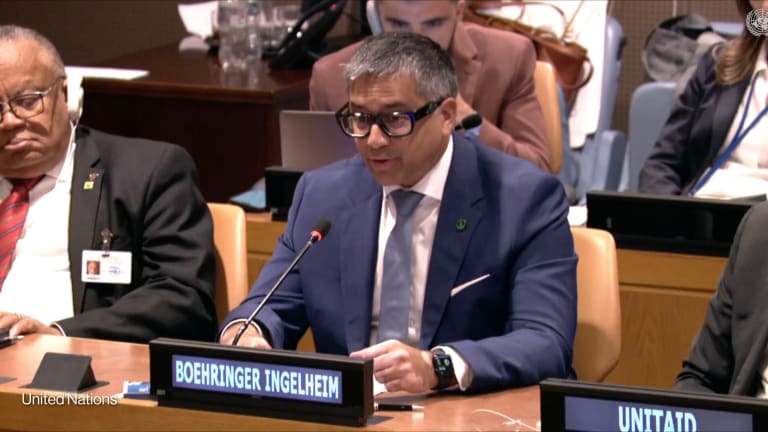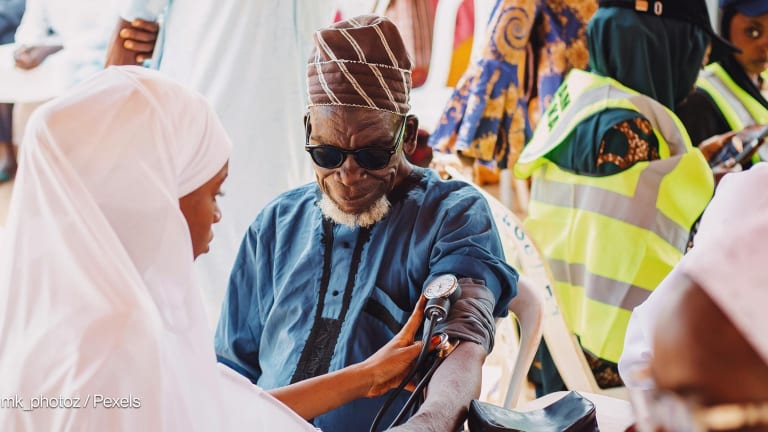According to Miranda Wolpert, director of mental health at research funder Wellcome, we are “on the cusp of a revolution in mental health science.” Innovations in treatment and prevention are emerging all the time. Data is improving. Awareness is higher than ever. And, with poor mental health now seen as an economic risk, not just a social one, investors of all stripes are pricking up their ears.
“It’s a very, very exciting sector,” said Jules Chappell, CEO of Kokoro, a U.K.-based nonprofit that aims to mobilize capital for mental health around the world. There are “highly investable” areas, including in low- and middle-income countries, such as software for clinical staff. Meanwhile, many peer support and community-based interventions have proven successful. A decade from now, Chappell predicted, mental health will be “in an utterly different place,” boosted by both private markets and development aid.
But she also believes waiting for that moment isn’t an option. Nearly 1 billion people suffer from poor mental health, yet governments spend an average of just 2% of health budgets on addressing this. Globally, the financing gap in domestic spending is more than $200 billion. “It can sometimes feel utterly overwhelming,” Chappell said, “but that is zero reason not to dive into it.”








